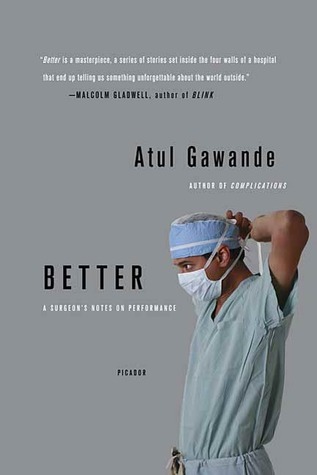More on this book
Community
Kindle Notes & Highlights
The first is diligence, the necessity of giving sufficient attention to detail to avoid error and prevail against obstacles.
When you make an effort, you find sometimes you are not the only one willing to do so.
This approach, Sabin argued, could be used to eliminate polio from entire countries, even the world. The only leader in the West who took him up on the idea was Fidel Castro.
The seemingly easiest and most sensible rule for a doctor to follow is: Always Fight. Always look for what more you could do. I am sympathetic to this rule. It gives us our best chance of avoiding the worst error of all—giving up on someone we could have helped.
The good doctors didn’t always get the answers right, she said. Sometimes they still pushed too long or not long enough. But at least they stopped to wonder, to reconsider the path they were on. They asked colleagues for another perspective. They set aside their egos.
Even doctors with great knowledge and technical skill can have mediocre results; more nebulous factors like aggressiveness and diligence and ingenuity can matter enormously.
Arriving at meaningful solutions is an inevitably slow and difficult process. Nonetheless, what I saw was: better is possible. It does not take genius. It takes diligence. It takes moral clarity. It takes ingenuity. And above all, it takes a willingness to try.
So find something new to try, something to change. Count how often you succeed and how often you fail. Write about it. Ask people what they think. See if you can keep the conversation going.


